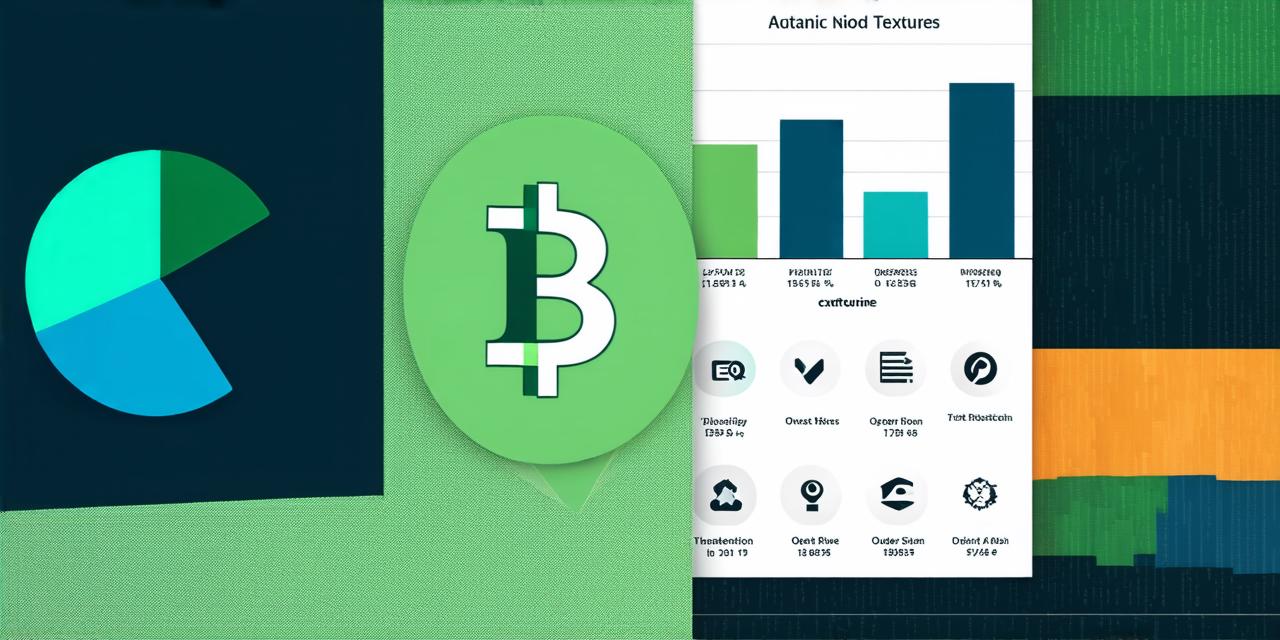Introduction
The cryptocurrency market is rapidly evolving, with new coins and tokens being created all the time. One of the main benefits of investing in cryptocurrencies is their potential to offer high returns. However, another important aspect to consider is whether cryptocurrencies offer dividends. In this article, we will explore the concept of dividends and how they apply to cryptocurrencies, as well as real-life examples and expert opinions on the subject.
What are Dividends?
Dividends are a type of distribution that is paid out to shareholders in a company or organization. They are typically calculated as a percentage of the current market value of the shares and are intended to provide a steady stream of income for investors. Dividends can be paid out in cash, stocks, or other forms of property.
Do Cryptocurrencies Offer Dividends?
While it is possible for some cryptocurrencies to offer dividends, not all do. In general, most cryptocurrencies are designed as a means of exchange or a store of value, rather than as a source of income. However, there are some exceptions.
Real-Life Examples of Cryptocurrencies Offering Dividends
In addition to the examples mentioned above, there are several other cryptocurrencies that offer dividends in one form or another. For example:
- The TRON blockchain offers dividends to its users through a process called “staking.” This involves holding TRX tokens and earning rewards based on the amount of TRX staked.
- The Stellar network offers dividends to its users through a process called “staking.” This involves holding XLM tokens and earning rewards based on the amount of XLM staked.
- The EOS blockchain offers dividends to its users through a process called “producing blocks.” This involves being selected to produce new blocks on the network and earning a reward in the form of EOS tokens for doing so.

Expert Opinions on Cryptocurrencies Offering Dividends
When it comes to whether cryptocurrencies offer dividends, there is some debate among experts. Some believe that cryptocurrencies are designed primarily as a means of exchange or a store of value, and therefore do not have the same potential for income generation as traditional assets such as stocks and bonds. Others argue that cryptocurrencies can offer both capital appreciation and income generation through mechanisms such as staking and steeming.
FAQs
Q: Can all cryptocurrencies offer dividends?
A: No, not all cryptocurrencies offer dividends. Most are designed as a means of exchange or a store of value, rather than as a source of income. However, there are some exceptions, such as Ethereum’s Proof of Stake consensus mechanism and the Steem blockchain.
Q: How do cryptocurrencies offer dividends?
A: Cryptocurrencies can offer dividends through mechanisms such as staking, steeming, producing blocks, and other methods. These mechanisms allow users to earn rewards based on their participation in the network or the amount of tokens they hold.
Q: Are there any risks associated with investing in cryptocurrencies that offer dividends?
A: Yes, as with any investment, there are risks associated with investing in cryptocurrencies that offer dividends. The value of cryptocurrencies can be highly volatile, and there is no guarantee that they will continue to generate income or provide a positive return on investment. It is important for investors to do their own research and carefully consider the potential risks and rewards before making any investment decisions.
⟨br⟩
Summary
In conclusion, while not all cryptocurrencies offer dividends, some do have mechanisms in place that allow users to earn passive income through staking, steeming, producing blocks, and other means. While there are risks associated with investing in cryptocurrencies that offer dividends, they can also provide a unique opportunity for investors to generate both capital appreciation and income. As the cryptocurrency market continues to evolve, it will be interesting to see how these mechanisms develop and whether they become more common in the future.
